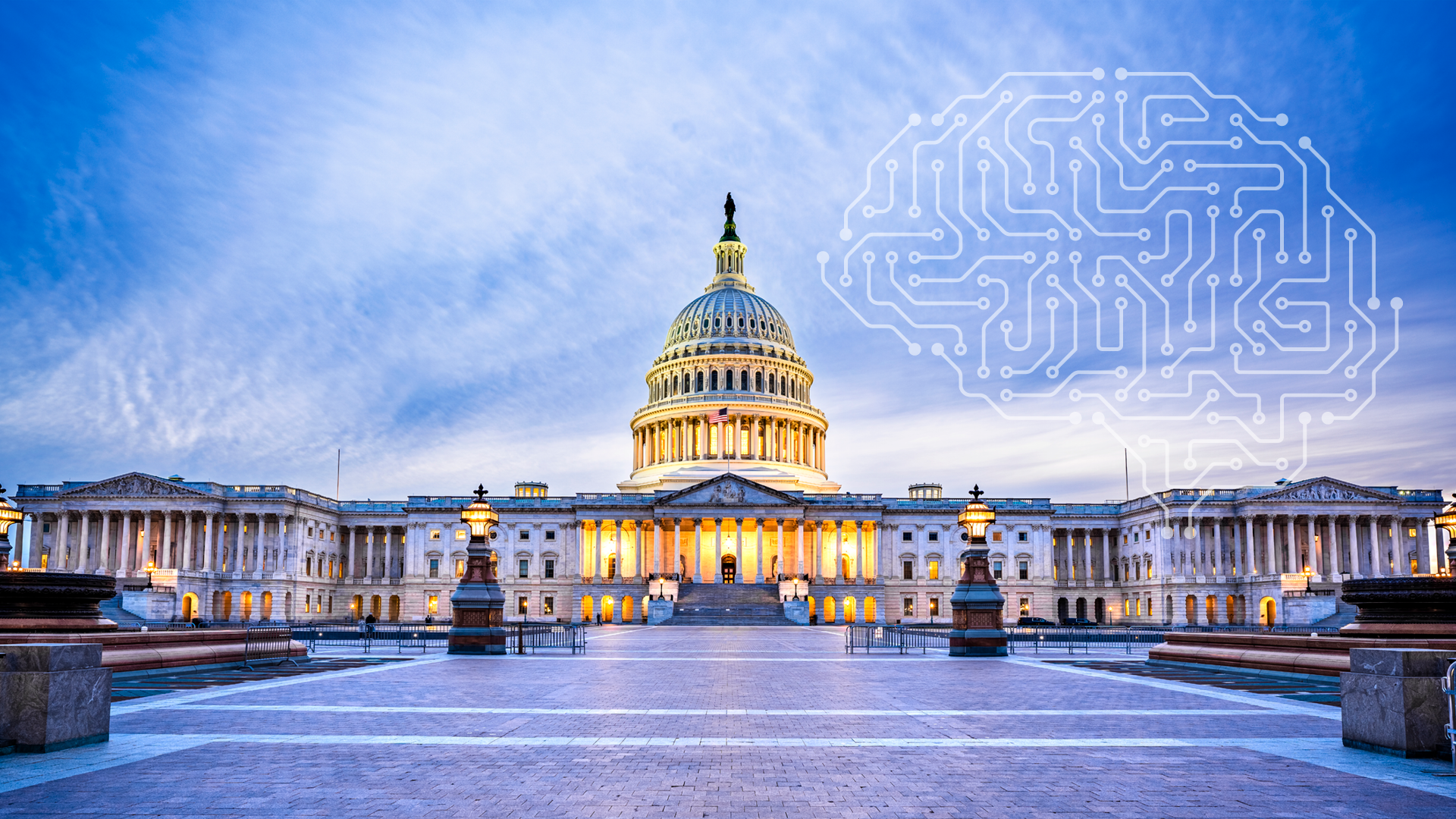



Watch the Series
Episode 1:
Artificial Intelligence (AI) in the Public Sector
Digital innovation and AI have grown extensively since before World War II. Recently, they have gained MUCH more attention. For example, since last Fall, ChatGPT has thrilled many with its potential as a powerful, low-cost personal assistant. At the same time, it has terrified an equal number – sometimes the very same people – with its potential as a powerful, low-cost source of disinformation. After 50+ years of information technology in government, we are suddenly working with tech that has explosively new capabilities and unknown impacts on public services and citizens. Where will we be in the next 4-5 years? Where will AI – the cutting edge of digital analysis and innovation – take us?
Episode 2:
AI-Driven Decision Making
A key question, of course, is how AI will change government. In our last show we focused on delivery of government services to citizen and how AI might affect citizen interaction with government and with government employees. In this show, we want to look at the impact of AI on the internal operations of government itself. Our sand box (if you will) – government procurement and acquisition. The Federal government spends more than $500 billion in the acquisition of goods and services annually. The numbers are a bit cloudy, but the private sector workforce supporting the Federal government is estimated to be five (5) or more times the size of the number of Federal employees (now a little over two million people). And, of course, many of the weapons systems, the IT systems, the buildings and roads and infrastructure throughout the country are built by private sector firms, although the funding comes from Washington, DC.
Episode 3:
AI Ready Workforce and Human Displacement
Amidst much talk about having an AI-Ready Workforce, there seems to be more focus on the "need" than on the "how" we can grow one. First, let's define the objective. A broad definition might refer to a group of individuals who possess the necessary skills, knowledge and mindset to effectively collaborate with and leverage AI technologies in their work environments. To achieve that we need to pursue a dual track. First, retraining the current workforce. And, second, growing the next generation of workers from those who are currently in our school systems.
Episode 4:
Ethical Considerations and AI Governance
A recent report from the Pew Research Center highlighted the alarming changes between a time in which citizens trusted their government and a period in which trust was -- and remains -- broken. Their June report showed that public trust had fallen to a "disturbing" and "near historic low" of just 20 percent. Alarms have sounded from multiple good government groups and leaders concerned about this decline. Trust in government is higher not only when government works better, but also when people have a better understanding of what government is doing, according to Terry Gerton, President of the National Academy of Public Administration. In his column in the WASHINGTON POST, long-time Federal Insider Joe Davidson put it plainly: "Uncle Sam isn't a trustworthy dude." So what is America to do -- especially in an age of AI and distrust?
Episode 5:
Generative AI in Government Communications
A recent report from the Pew Research Center highlighted the alarming changes between a time in which citizens trusted their government and a period in which trust was -- and remains -- broken. Their June report showed that public trust had fallen to a disturbing and & near historic low; of just 20 percent. Alarms have sounded from multiple good government groups and leaders concerned about this decline. Trust in government is higher not only when government works better, but also when people have a better understanding of what government is doing, according to Terry Gerton, President of the National Academy of Public Administration. We discussed this in an earlier show and spoke then about how government communicates with citizens and how they in turn are able to interact with government being key.
Episode 6:
AI, Chatbots, Comments, and Public Rule-making
A key question, of course, is how AI will change government. In an earlier show, we focused on the delivery of government services to citizens and how AI might affect citizen interaction with government and government employees. In this show, we want to look at the impact of AI on the internal operations of the government itself. Our sandbox (if you will) – government rulemaking, regulations, and implementation guidance.
Episode 7:
AI-Enabled Cybersecurity
Amidst much talk about AI and its potential, its benefits, and how it will drive major change, there is also an universal recognition of the importance of security and cybersecurity issues. In a Biden Administration release on Advancing Responsible AI, the White House said “AI is one of the most powerful technologies of our time, with broad applications .... in order to seize the opportunities AI presents, we must first manage its risks.” An active debate is occurring on how AI will impact the delivery of citizen services, public safety, economic development, and national security.
Episode 8:
AI Technologies and Public Education
Imagine the controversy some 40 years ago among engineering school faculty who expressed concern that the standard hand-held slide rule might be replaced by sophisticated hand-held calculators? In some schools and colleges, they were banned for use during exams or major university entrance tests. Today, we see similar discussions and debates with the advent of generative AI (GAI) and, in particular, the popular ChatGPT. And given the allure and capabilities of GAI, the issues are much more difficult and the consequences are potentially far more serious.
